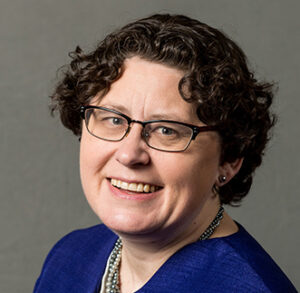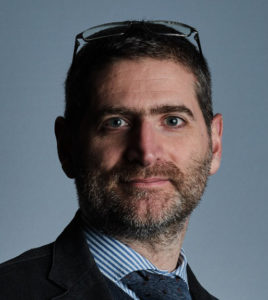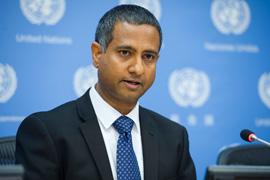The Transformative Power of Loss: Finding Community and Hope for All

This post by Elizabeth A. Clark, Associate Director of the International Center for Law and Religion Studies, is taken from an address at the final session of the 2020 Religious Freedom Annual Review.
Community and hope seem to be in short supply these days. Initial bursts of national unity in response to COVID-19 outbreaks in the U.S. have become seriously frayed, revealing for many, how splintered American life was even before the pandemic. Self-isolation and social distancing tear at the heart of community. Is a meaningful community even possible when we are unable to be there for each other at book clubs, weddings, or even funerals?
Hope for many also feels out of reach. As of the end of May, over 100,000 Americans had died from COVID-19, more than in the Vietnam War. A staggering one-third of Americans have experienced high levels of psychological distress during the crisis.[1] Over 40 million Americans have filed for unemployment benefits, the most since the Great Depression and roughly ¼ of the pre-COVID 19 work force.[2] Many who still do work have positions where they are vulnerable to COVID-19 exposure, and yet others struggle with disabilities or family situations that exacerbate the effect of the crisis. (more…)


